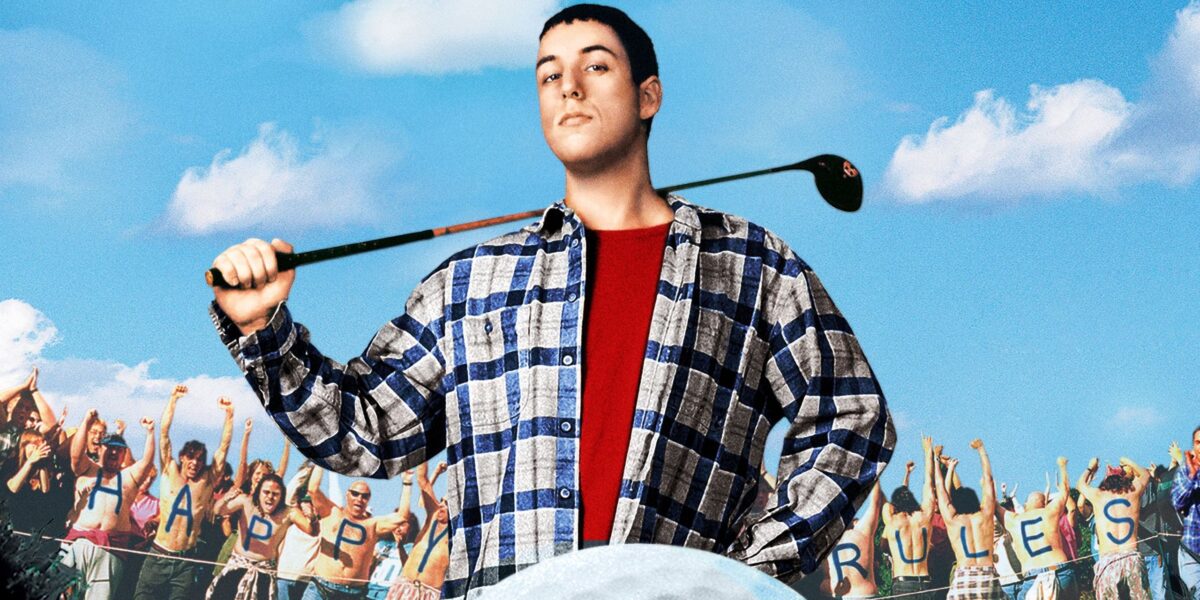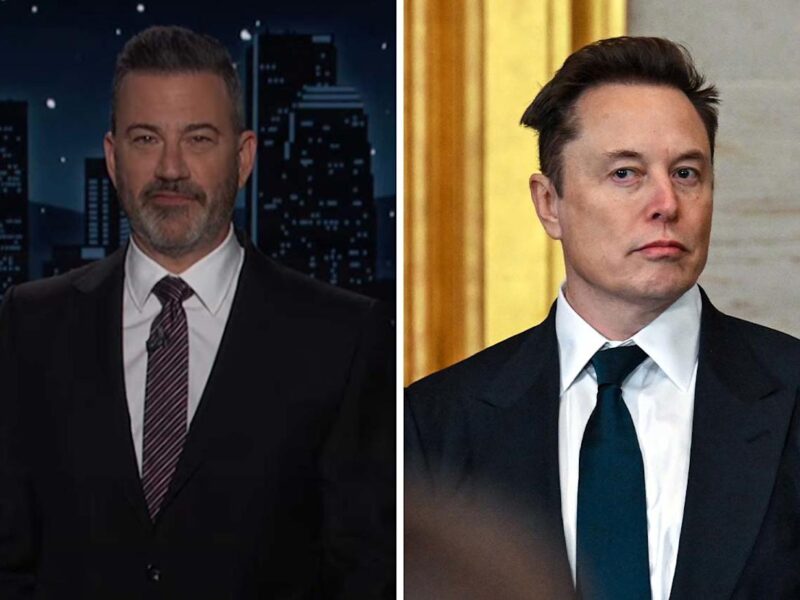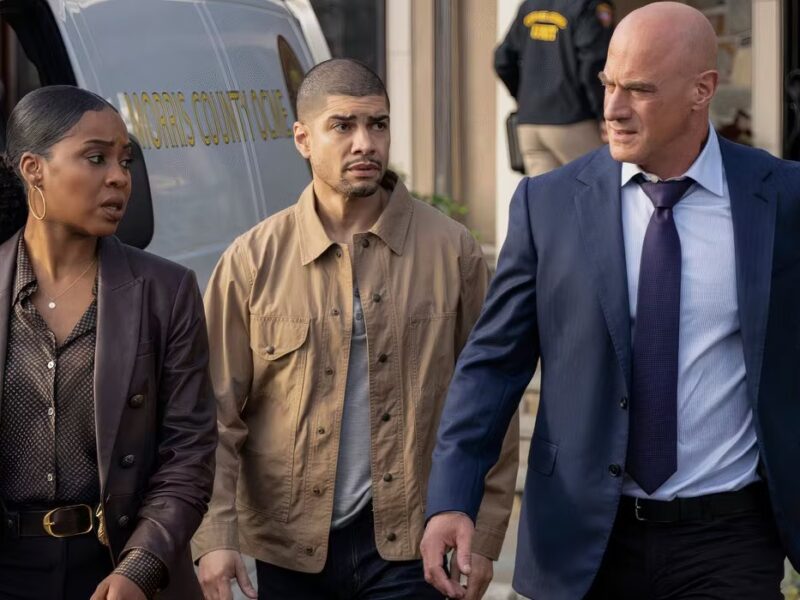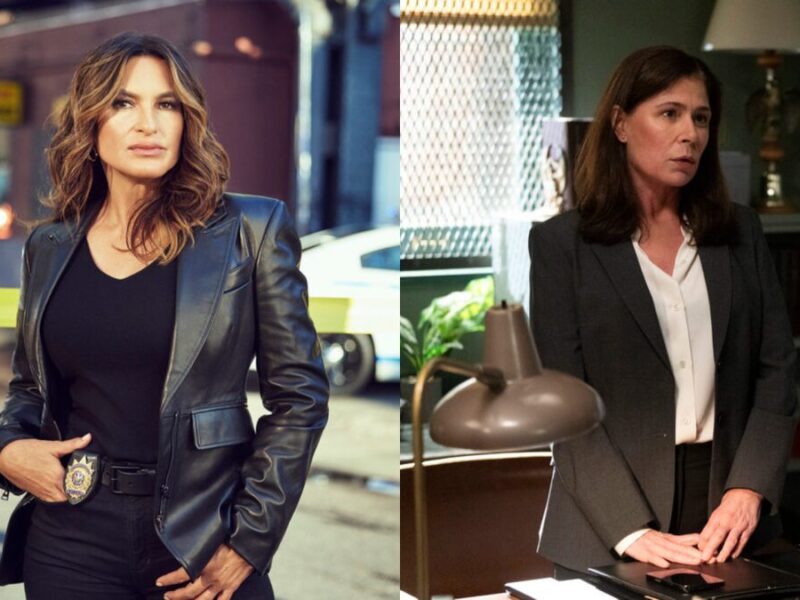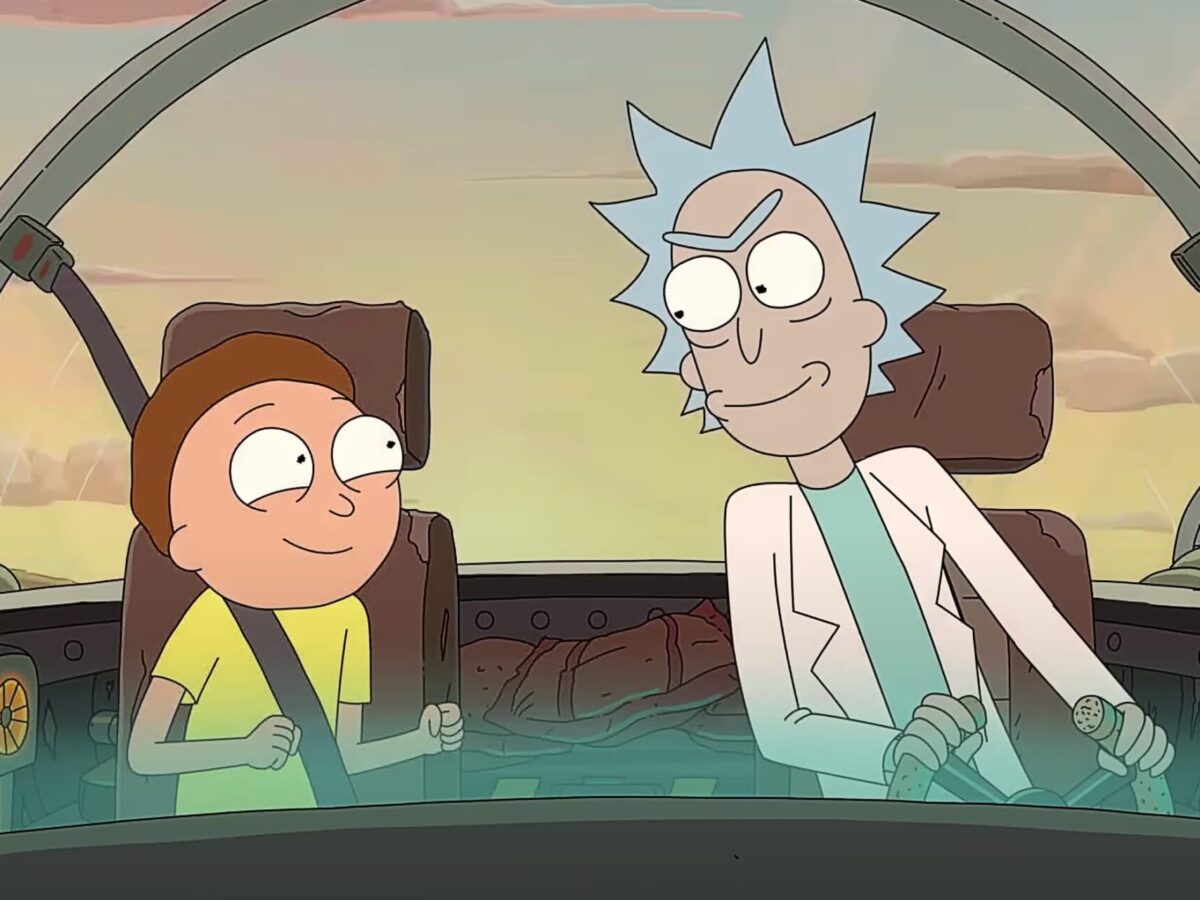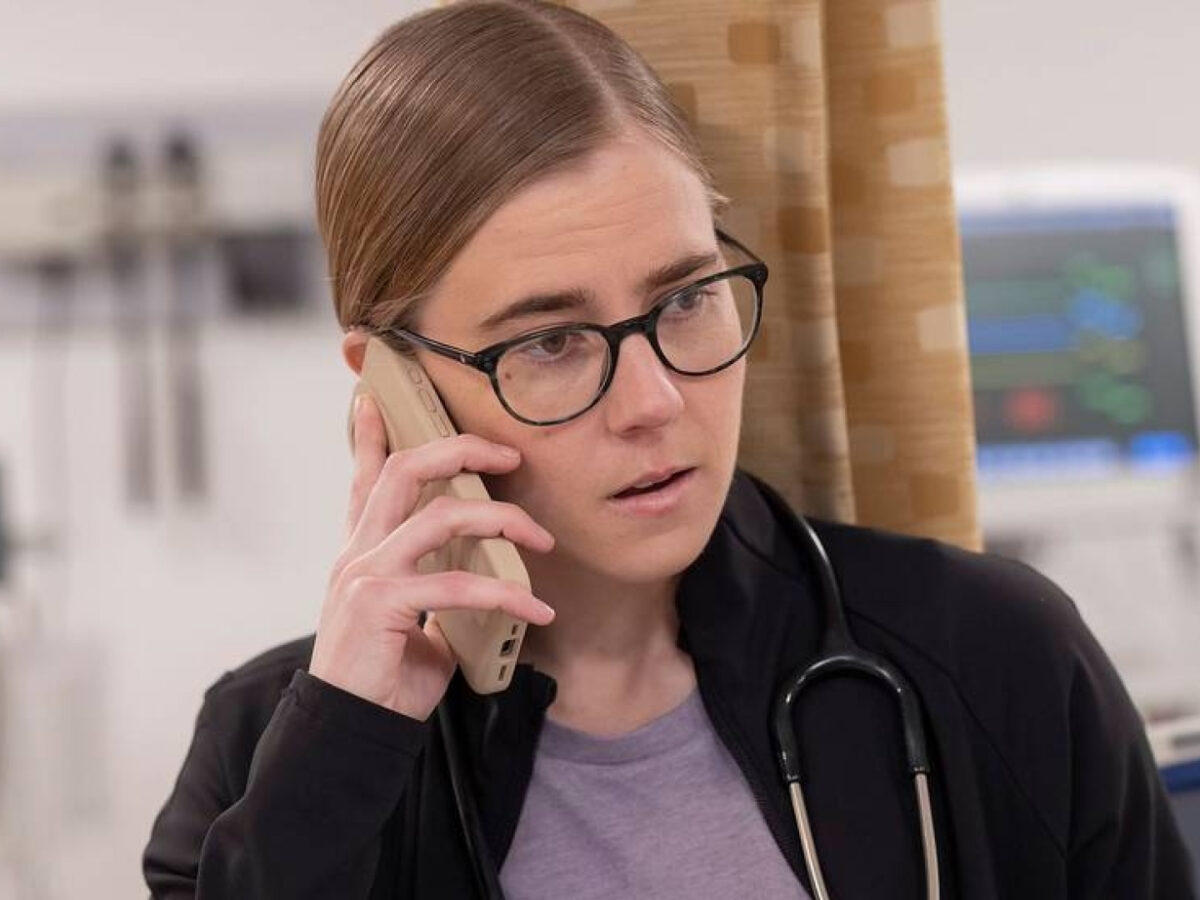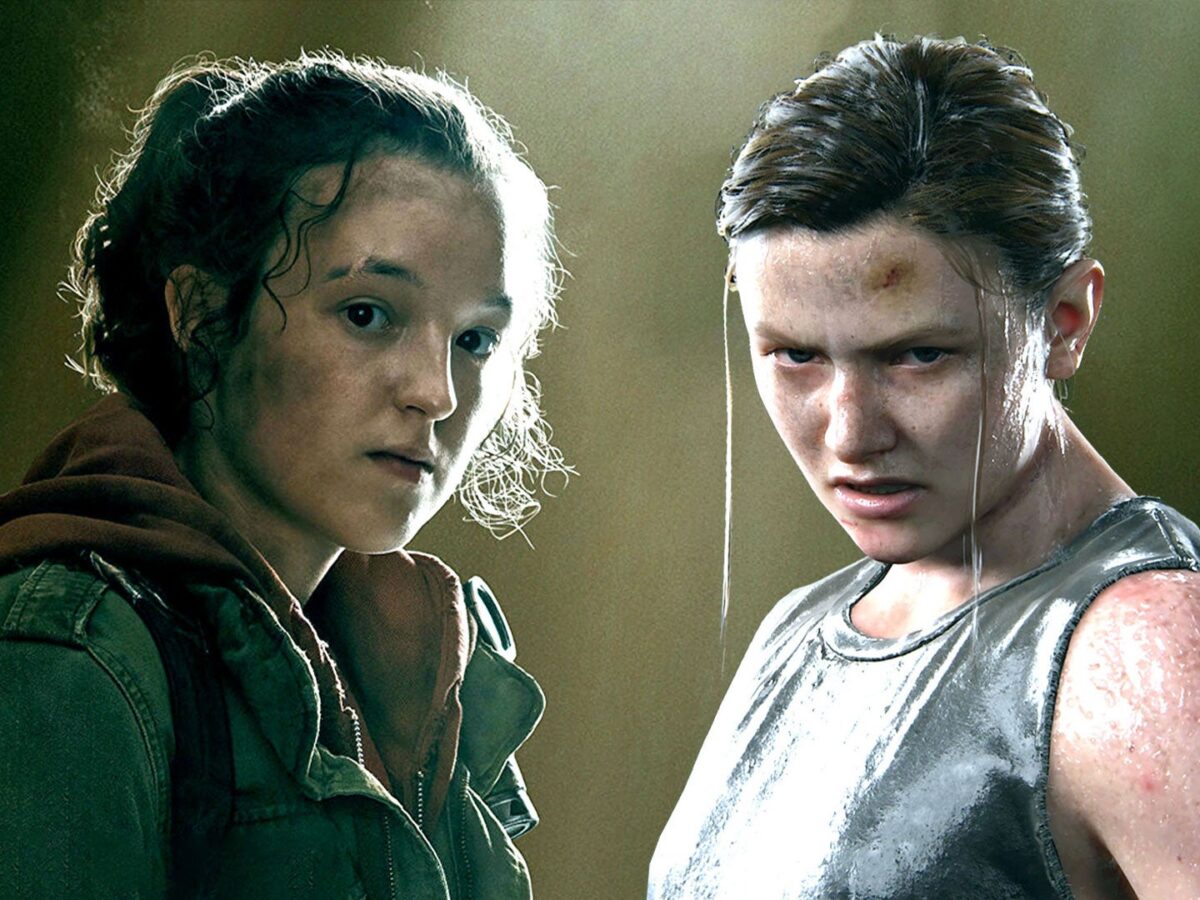In a surprising resurgence, Happy Gilmore, the cult-favorite comedy starring Adam Sandler, has experienced a wave of popularity decades after its initial release. As the buzz for Sandler’s upcoming sequel builds, fans old and new are revisiting this classic tale of an unlikely golfing champion. What’s behind this renewed enthusiasm, and how does the sequel aim to recapture the film’s original magic?
The Legacy of Happy Gilmore
When Happy Gilmore debuted in 1996, it wasn’t an instant critical darling, but it quickly gained a devoted following. The film’s blend of absurd comedy, memorable one-liners, and Sandler’s unique brand of charm turned it into a sleeper hit. Over time, the movie became a staple in the canon of 90s comedy, with moments like Happy’s infamous fistfight with Bob Barker remaining iconic in pop culture.
This longevity is reflected in its performance on streaming platforms. Recently, the film climbed the charts of free streaming services, introducing a new generation to its hilariously unconventional take on golf. Fans cite its enduring appeal to Sandler’s relatable underdog character, a storyline filled with humor and heart, and its unapologetically outrageous humor.
The Anticipation for the Sequel
The announcement of a Happy Gilmore sequel has sparked excitement among audiences eager to see Sandler return to the role that cemented his status as a comedy icon. Though details about the plot remain under wraps, speculation suggests that it could focus on Happy’s later years, possibly mentoring a new golf protege or grappling with his legacy in the sport.
Critics and fans alike are hopeful the sequel will preserve the spirit of the original while updating its humor to appeal to modern audiences. As Sandler has matured both in his career and personal life, his ability to blend comedy with moments of genuine emotional depth, as seen in Uncut Gems and Hustle, could bring an added layer to Happy’s character.
What Makes ‘Happy Gilmore’ Timeless?
The appeal of Happy Gilmore lies in its ability to balance slapstick comedy with a heartfelt underdog story. Happy’s transformation from a failed hockey player to a golf sensation resonates because it taps into universal themes of perseverance and self-discovery. The film also benefits from a stellar supporting cast, including Christopher McDonald’s unforgettable turn as the smarmy antagonist Shooter McGavin.
The film’s return to the cultural spotlight showcases the lasting impact of nostalgic entertainment in today’s media landscape. For many viewers, Happy Gilmore represents a simpler time in comedy—one that relied less on high-budget effects and more on eccentric characters and clever writing.
As the sequel looms on the horizon, it remains to be seen if the magic can be recaptured. What will Adam Sandler and his team bring to the table this time? Can lightning strike twice for Happy Gilmore?
